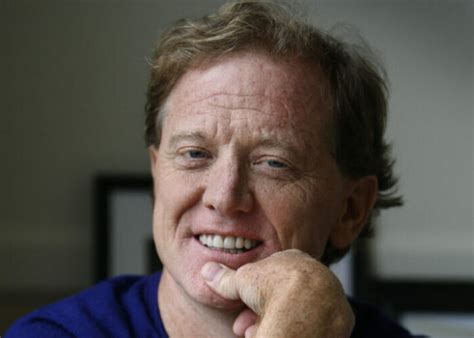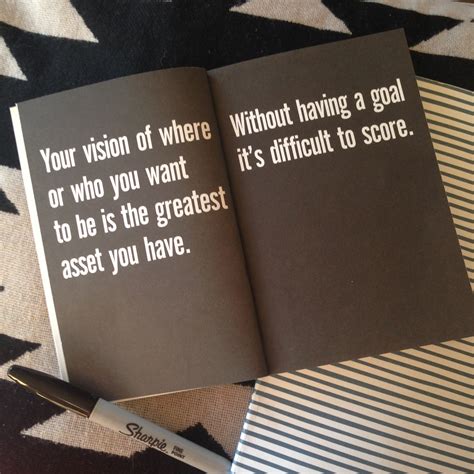A Quote by Masayoshi Son
Our aim is to develop affectionate robots that can make people smile.
Quote Topics
Related Quotes
You need to aim beyond what you are capable of. You must develop a complete disregard for where your abilities end. Try to do things that you're incapable of... If you think you're incapable of running a company, make that your aim... Make your vision of where you want to be a reality. Nothing is impossible.
Back in the twentieth century, we thought that robots would have taken over by this time, and, in a way, they have. But robots as a race have proved disappointing. Instead of getting to boss around underlings made of steel and plastic with circuitry and blinking lights and tank treads, like Rosie the maid on The Jetsons, we humans have outfitted ourselves with robotic external organs. Our iPods dictate what we listen to next, gadgets in our cars tell us which way to go, and smartphones finish our sentences for us. We have become our own robots.
































